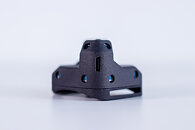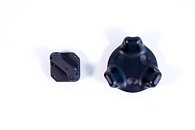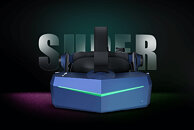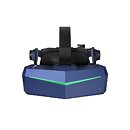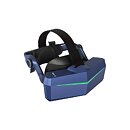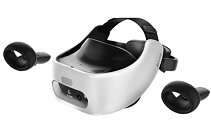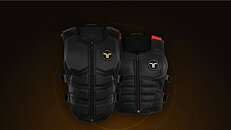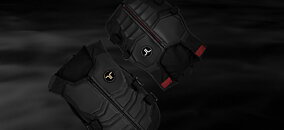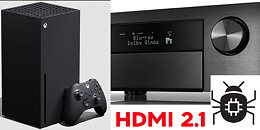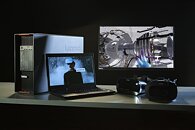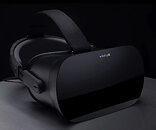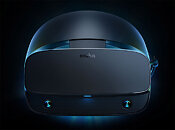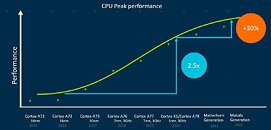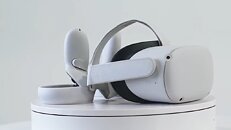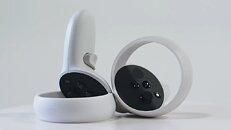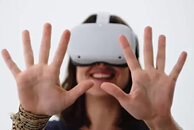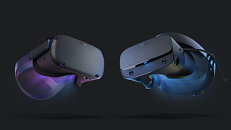
Apple Reportedly Developing VR & AR Headsets For Launch in 2022 & 2023
Apple is reportedly developing an initial VR headset as a precursor to their eventual AR glasses. The upcoming VR headset will be a niche expensive product that may only be distributed through Apple's first-party stores and will cost considerably more than competing products from Oculus, Sony, and HTC. The headset will feature custom Apple silicon more powerful than their current M1 processor and include limited AR abilities. Apple had previously planned to develop a device that would harness the processing power of a user's mobile device but has since switched to a standalone solution which has increased complexity. The Apple VR headset codenamed N301 is currently in a late prototype stage and may be announced sometime in 2022, if this timeline holds then Apple may announce their AR glasses the next year in 2023.


